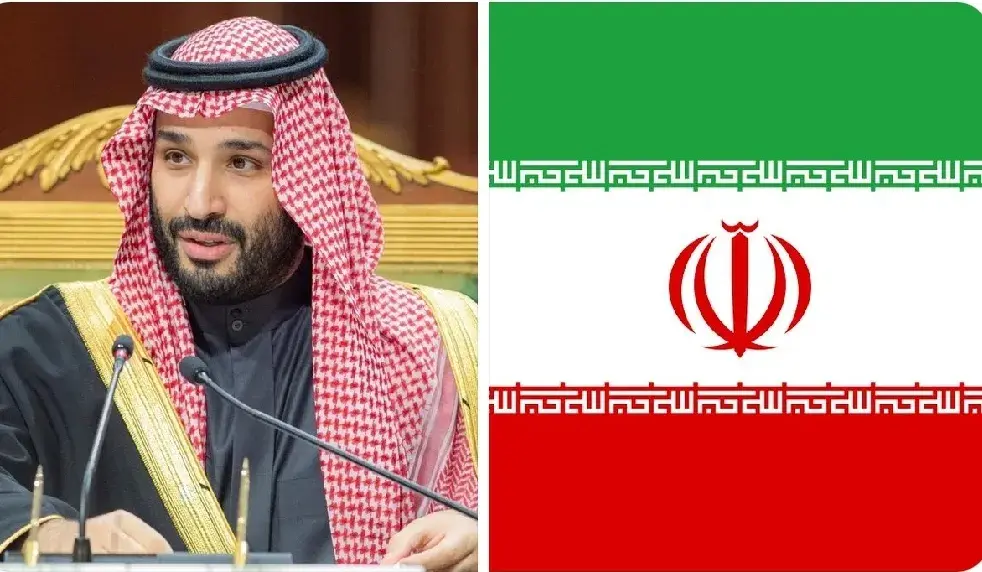On June 14, 2025, Saudi Arabia’s King Salman bin Abdulaziz issued a directive ordering authorities to provide comprehensive support for over 85,000 Iranian Hajj pilgrims stranded in the Kingdom due to Iran’s airspace closure following Israeli airstrikes. The decision, proposed by Crown Prince Mohammed bin Salman, reflects Saudi Arabia’s commitment to ensuring the safety and well-being of pilgrims, a cornerstone of its role as custodian of Islam’s holiest sites. The Ministry of Hajj and Umrah has been tasked with overseeing the provision of services, including accommodation, transportation, and medical care, until the pilgrims can safely return home.

The Iranian pilgrims, part of the 1.6 million who attended Hajj 1446, concluded their pilgrimage on June 9, 2025, but were unable to depart due to regional tensions. Israeli strikes, described as targeting Iranian nuclear and military sites, prompted Tehran to close its airspace, leaving thousands stranded. Saudi authorities have established a dedicated operations room to monitor the pilgrims’ needs, ensuring high-quality care in Makkah and Madinah. The Ministry has coordinated with Iranian officials to develop a phased return plan, utilizing domestic airports and the Arar land port for approximately 76,000 pilgrims, with the remainder expected to follow.
This gesture comes amid complex regional dynamics. Saudi Arabia and Iran, long-standing rivals, have seen improved relations since a 2023 China-brokered deal restored diplomatic ties. The Kingdom’s decision to support Iranian pilgrims underscores its humanitarian stance, prioritizing religious duties over political differences. Posts on X have praised the move as a “rare moment of unity,” with users noting King Salman’s directive as a reflection of Saudi Arabia’s role as a responsible host. The Saudi Press Agency reported that the Kingdom’s leadership condemned escalatory actions in the region, emphasizing diplomacy to resolve conflicts.
The logistics of supporting such a large group are significant. The Ministry of Hajj and Umrah has ensured continuous monitoring, with teams reviewing services to maintain quality. Medical support has been a priority, with facilities like King Salman bin Abdulaziz Medical City in Madinah ready to handle emergencies, as demonstrated by a recent case involving an Iraqi pilgrim. The Kingdom’s experience in managing large-scale pilgrimages, coupled with technologies like the pilgrims’ smart ID, has facilitated efficient coordination.
The situation remains fluid, with Iran’s airspace restrictions tied to ongoing regional unrest. Saudi Arabia’s commitment to the pilgrims’ welfare extends to ensuring their safe return, potentially via land routes if air travel remains disrupted. This response not only addresses an immediate crisis but also signals a broader intent to foster cooperation, even as tensions persist between Iran and Israel. The international community, including leaders like U.S. President Donald Trump, has acknowledged Saudi Arabia’s diplomatic efforts, with Crown Prince Mohammed engaging in talks to de-escalate regional conflicts. As the situation evolves, Saudi Arabia’s actions highlight its dedication to serving pilgrims from all nations, reinforcing its role as a global Islamic leader.






